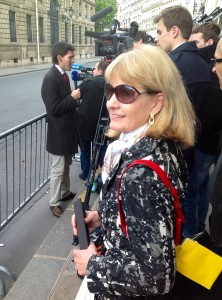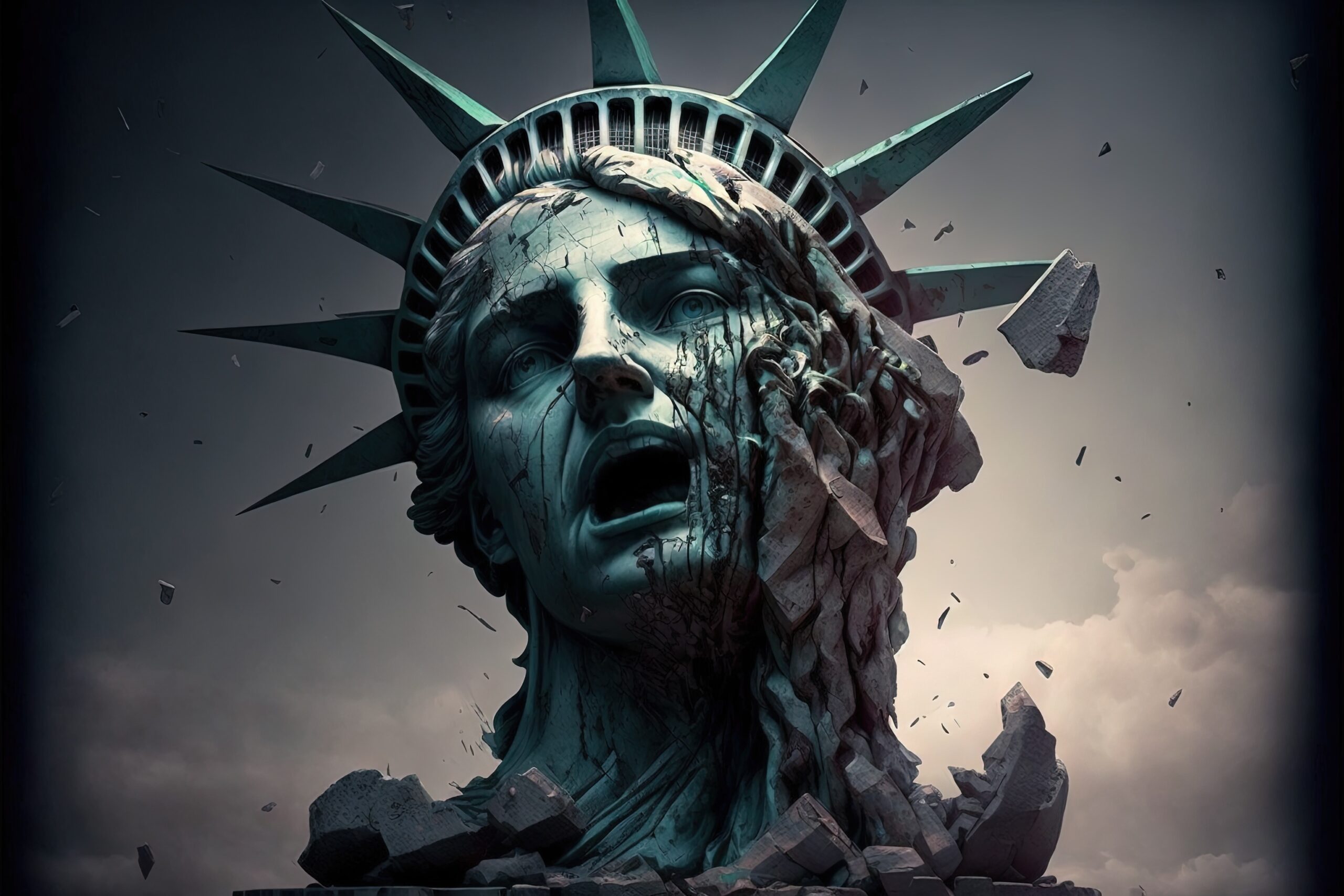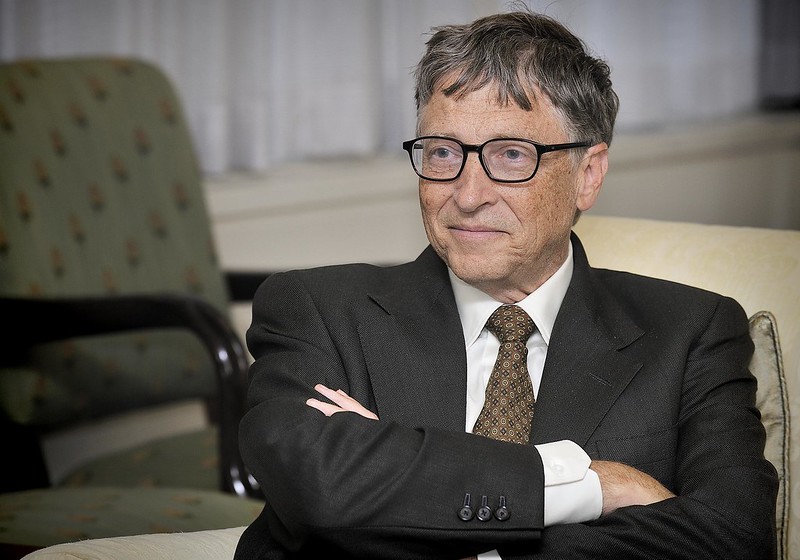
What does globalization mean? What we call globalization, writes Victor Davis Hanson, is what our forefathers called monopolies. “Jeans, t-shirts, and cool did not mean that the lifestyles and mindsets of a Mark Zuckerberg or Jeff Bezos were any different from their kindred spirits of the past—J. P. Morgan, John D. Rockefeller, or Jay Gould.”
The entire alphabet soup of Western-inspired globalization—the EU, the United Nations, the World Bank, the WTO—did not quite end up as anticipated. Their shared creed is not the fulfillment of their originally envisioned missions, but to protect an international cadre who run them, and to ensure that any who question their missions are branded as heretics.
In sum, globalization rested on a few cynical laws: those who drafted globalized rules for others had the resources to navigate around them. Talking about abstract cosmic challenges—world peace, cooling the planet, lowering the seas—were mere ways to square the circle of being unable to solve concrete problems from war to poverty.
The winners of globalization—the universities, financial powerhouses, the federal government, big tech, and the marquee media and entertainment outlets—were mostly located on the two coasts. Their dogmas became institutionalized as the gospel of higher education, the evening news, the Internet and social media.
But the nexus of expertise—marquee journalists and pundits, academics, five-term politicians—really had few answers for current chaos. They were stunned that their polls were wrong in 2016, that their expertise was unwanted in 2017, and their venom was ignored in 2018—and the world all the while could go on better than before.
As one reader put it, “Unless there is news of Hillary’s handcuffing, I’m pretty sure this is the best thing I’ll read today.”
Click here for much more on globalization from Mr. Hanson’s opus.
If you’re willing to fight for Main Street America, click here to sign up for the Richardcyoung.com free weekly email.




